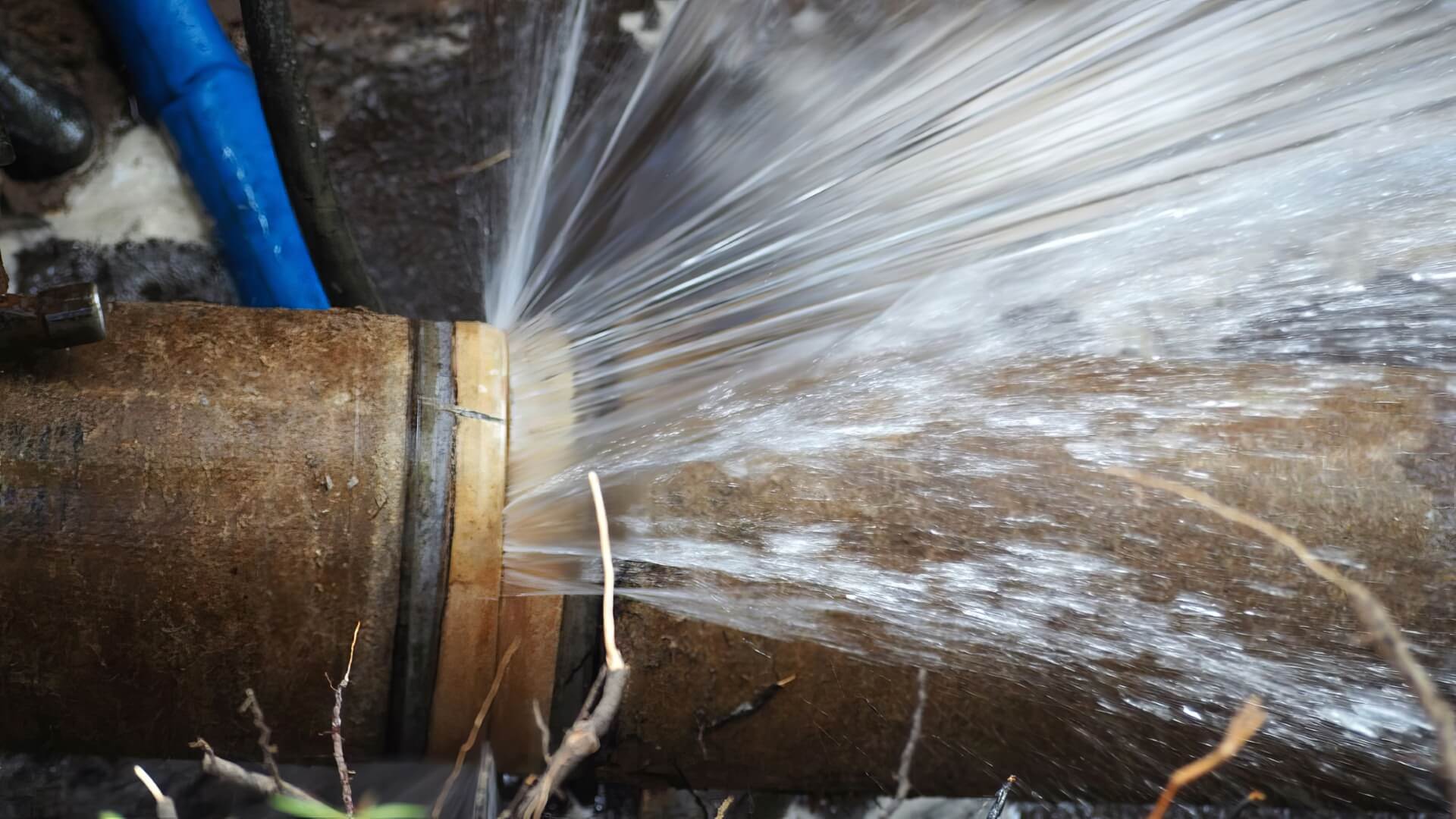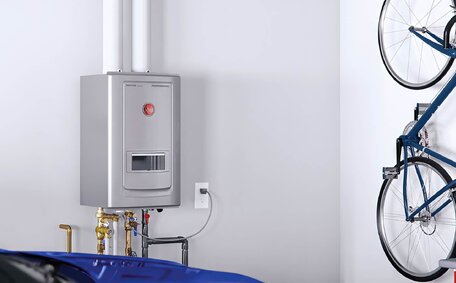Introduction to Gas Work Certifications in Sydney
Ensuring installation of gas work is carried out safely by qualified professionals is crucial for your home business environment. The proper certifications are essential to affirm a tradesperson’s skills and allow them to legally exercise their qualification in gas systems throughout Sydney, NSW.
This article by Quakers Hill Plumbing will provide readers with a comprehensive overview of the required accreditations for supply gas work in Sydney.
We are fully licensed gas fitters serving across Western Sydney, committed to delivering plumbing services of unparalleled quality for all types of customer requirements. Whether you need gas connection or gas installations and repairs, our team of experienced and qualified professionals has the expertise to execute the job with precision.
This article will detail what gas certifications are available in NSW, Their eligibility criteria, why iii gas fitting compliance is important for public safety, how do they matter, and how our team can guide you through the process smoothly. We strive to equip tradespeople and homeowners with clear insights into compliance for all work gas-related.
Licensing Requirements for Gas Fitters in NSW
When comes to legally carrying out any gas fitting work on your property in NSW, tradespeople are required to hold a gas work licence from NSW Fair Trading. There are five classes of gas work licences available depending on the different types gas work one might engage in:
- Gas fitting work –allows for design, installation, maintenance and repair work on type gas appliances and systems
- Restricted liquefied petroleum gas (LPG) systems work – for small LPG systems under 200kg capacity
- Type A gas appliance work – particularly suited for servicing and mending ovens gas and other prevalent domestic gas appliances
- Type B gas appliance work – including work on more intricate hot water systems with integrated motors or fans
- Water heating work – for installing, maintaining, and repairing gas water heating systems
To qualify, individuals must complete the relevant units of competency from a Certificate III plumbing course. They must also have appropriate industry experience to demonstrate their skills. Practical assessments are usually required as part of the application process.
Once licenced gas professionals, fitters are required to issue a compliance certificate after completing any significant gas installation or modification. These certificate NSW compliance documents affirm that the gas system is safe, meets regulatory standards, and builds user confidence following the required gas testing.
Compliance Certificates: What They Are and Why They’re Critical
A gas compliance certificate, also known as a Certificate of Compliance, is a legal document certifying that the gasfitting work carried out in your home or business meets safety and correctness standards. They are a critical part of any gas fitting job.
In NSW, licensed gas fitters are obliged to provide a certificate of compliance, which includes a compliance plate, for your gas appliances and systems after finalising installation or modification efforts. This encompasses structural alterations, installing or modifying gas metres, connected gas pipework, and appliances like a gas heater or a gas hot water system.
The certificate affirms several crucial elements for all your gas systems:
- The gas system compliance with all current gas safety regulations
- Appropriate tests and checks have been conducted
- The work carried out is by a skilled plumber who holds a licensed gasfitter title, with the required licence to execute that particular type of gas work
- It is safe to use the gas system
Homeowners and businesses are required by law to keep a copy certificate of the gas certificate for future reference. They can provide critical evidence that work has met necessary standards if ever an issue arises down the track.
At Quakers Hill Plumbing, our team of fully certified professionals ensure a qualified gas fitter can provide updated certificates, encompassing all work on gas pipe systems, stamped with approval numbers after finishing jobs. We can explain exactly what your certificate means and the importance of keeping it safe.
Consequences of Non-Compliant or Uncertified Gas Work
Make sure gas work is carried out with proper certification and by following compliance regulations in Sydney to avoid serious safety hazards and legal consequences.
Ensure you trust your gas fitter in Sydney, and understand when a certificate is necessary to mitigate the risks associated with employing unskilled individuals for gas systems, potentially leading to dire accidents such as gas leaks, fires, or explosions. Even minor mistakes in installation or alterations made by non-compliant tradespeople can lead to carbon monoxide hazards, as well as gas leaks with catastrophic outcomes, underscoring the value of hiring a licensed gas fitter.
There are also harsh penalties under NSW law for dodgy operators who can only perform illegal gas services up to $220,000 for individuals and $1.1 million for corporations.
Consumers who knowingly contract unlicensed gas fitters or fail to keep certificates of compliance also face fines up to $55,000. This sends a strong message that compliance is not optional.
Should an insurance claim ever be necessary for damage due to poor workmanship on a gas system, you may need to call your local gas inspector who will require submission of compliance certificates. Should there be no certificates provided, which act as a pivotal legal and safety guarantee, claims might be declined, leading to considerable financial repercussions.
The risks simply aren’t worth it – it was very crucial for your safety to always employ suitably certified gas experts like our team at Quakers Hill Plumbing. We take safety and compliance extremely seriously, offering prompt service repair as we endeavour to protect our community.
Maintaining Safety Standards with Regular Inspections
Regular certificate inspections are vital for ensuring the safety and efficient operation of natural gas systems in your home and business, and you might ponder, 'Do I require an inspection certificate now?', to maintain proper standards. Under NSW law, gas suppliers in their company vehicle are required to inspect pipework and appliances every 5 years in residential settings.
These routine inspections verify that gas systems and the broader gas network have been correctly installed by certified professionals and must completed to comply with all relevant safety regulations. Licenced inspectors will carry out gas test atmospheres and gas pressures, examine pipework and fittings, assess ventilation, including in confined spaces like the gas metre box, and ensure appliances are operating properly with no leaks or issues.
If any faults are detected during plumbing work, the inspector is obligated to issue a defect notice outlining repairs required to conform to standards. Gas can be disconnected if serious breaches posing risks are found until problems rectified. Once all actions completed, an updated compliance certificate for any gas hot appliances or installations will be provided.
At Quakers Hill Plumbing, our team came out to conduct comprehensive regular inspections and resolve gas problems in established systems during appliance services or modifications. We want to start your safeguarding process by identifying all gas-related potential hazards early.
Staying across inspection due dates for rental properties or businesses is also important. We’re happy to remind clients when checks are upcoming to maintain compliance.
Recent Changes and Updates to Certification Regulations
There have been some recent changes to the regulations around gas certification and licencing requirements in New South Wales.
Medical Gas Pipeline Systems
From November 1st, 2020, a new licencing scheme, aligned with Certificate III gas Fitting, was introduced in NSW for working on medical gas pipeline systems. There are now three categories of medical gas work licences:
- Medical gas pipeline work – for the design, installation and commissioning of medical gas pipeline systems
- Medical gas outlet work – for installing, maintaining, repairing, altering or commissioning a medical gas outlet
- Authorised medical gas personnel – for connecting, disconnecting or testing of medical gas outlets
Specific eligibility criteria and work experience apply in order become licensed for each class. Our experts can help by providing advice on services medical gas work details if required.
Updated Requirements for Certificates
Since September 2020, all compliance certificates for gas fitting in NSW must be executed via the online MyInspections portal in the approved form. This digital system aims to improve record keeping and ensures that the processing of compliance documents must be completed efficiently.
Hard copy certificates are no longer accepted. our licensed plumber Sydney professionals stay up to date on all changes to ensure continued gas service compliance and safety for our customers in Sydney.
At Quakers Hill Plumbing, We pride ourselves on our full, transparent compliance, ensuring every gas fitter who engages with our mechanical services, including gas installations, maintenance, and repairs, meets the needs of both residential and commercial clients. Please call your Quakers Hill Plumbing representative for more information if you have questions about how these updated regulations apply to your situation.
Overview of the Defect Notice and Rectification Process
If any safety hazards or breaches are identified during the standard five-yearly gas system inspections, the inspector will issue a defect notice outlining the problems detected. This will state required repairs or installations necessary for the system to conform with the law and meet current Australian gas safety standards.
The time allowed for rectification depends on how serious the risk level is. Minor defects must be rectified within days after identification, specifically within 5 business days for correction, while major defects posing immediate life-threatening danger will need fixing within 2 business days before supply is reconnected. In extreme cases, gas may be disconnected on the spot until resolutions occur.
Once repairs are completed by a licenced plumber gas fitter, the defects notice must be formally signed off then new gas compliance certificates provide certificate. This updated certificate will verify that all issues have been adequately resolved and the system now meets necessary compliance levels for safe operation.
At Quakers Hill Plumbing, our licensed technicians reassure that if you need gas compliance for pool spa heating systems, we manage the full defect notice and rectification process for our customers. We know how stressful addressing problems can be and aim to provide transparent guidance each step of the way.
Conclusion: Ensuring Safety Through Proper Certification
Having the proper certifications and licencing is critical for undertaking any gas work safely and legally in Sydney. This article has provided comprehensive information on the various licences required to carry out jobs on gas systems, the qualification processes, and key compliance regulations around certificates of safety.
At Quakers Hill Plumbing, Our team holds all essential Certificate IV plumbing qualifications to proficiently address gas fitting services for both residential and commercial settings. We aim to set the highest safety and workmanship standards while ensuring full transparency and compliance.
If you need any gas appliance installations, repairs or alterations, please email us or call 1300 349 338. Our fully certified gas fitters can provide guidance on certificates, upcoming inspections or any queries you may have about working with gas in your Sydney property.
Trust us at Quakers Hill Plumbing to complete your gas jobs safely, legally and to the highest quality finish.






